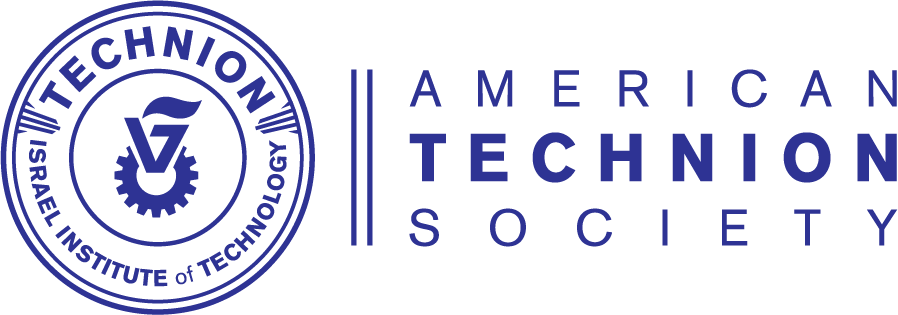Gold Remembers: "Shape Memory" Effect Demonstrated in Gold Particles
American Technion SocietyResearchers have demonstrated shape memory and self-healing in gold microparticles. It could one day lead to self-repairing micro- and nano-robots; mechanically stable, damage-tolerant devices; and targeted drug delivery.
